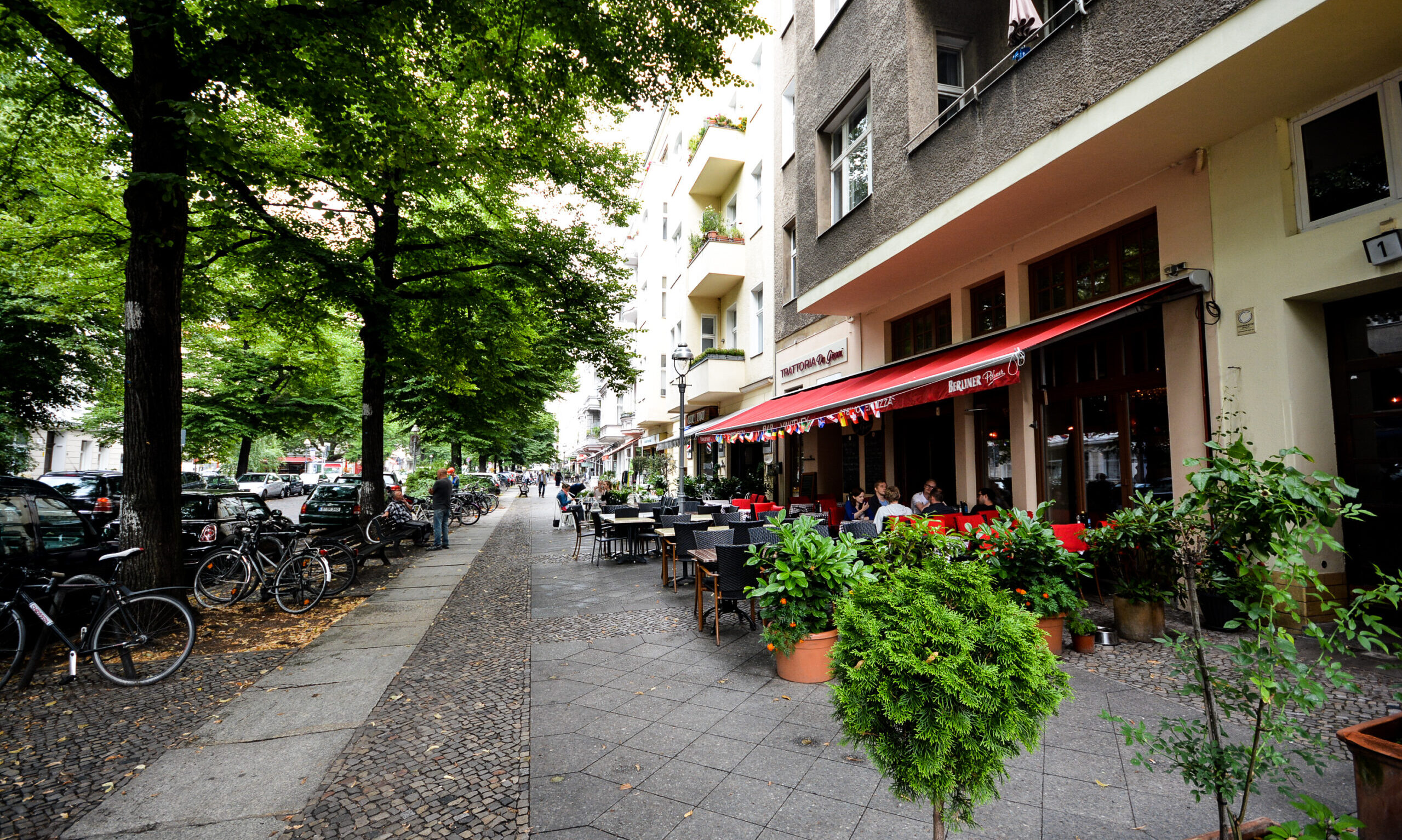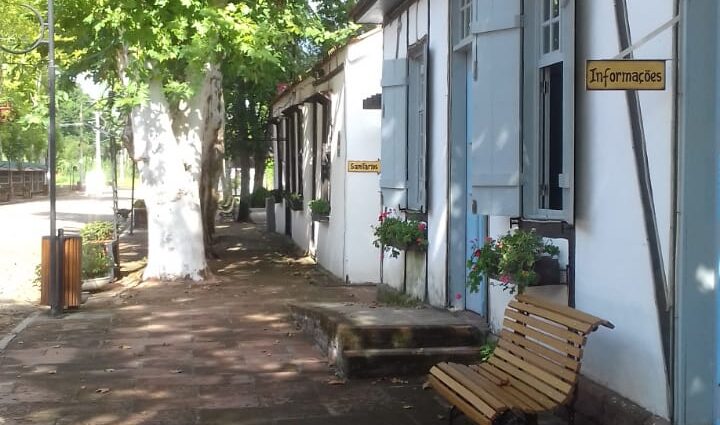Introducing our Ivoti, Brazil-based Correspondent Andrea Lopes Pandolfo!
Here at Pedestrian Space we recently launched a Global Walkability Correspondents Network, as a way to build solidarity among walkability advocates around the world and continue to create media on sustainable mobility and urbanism.
We are grateful to welcome Andrea Lopes Pandolfo, Ivoti – Rio Grande do Sul – Brazil, to our growing network of individuals who are passionate walkability advocates.
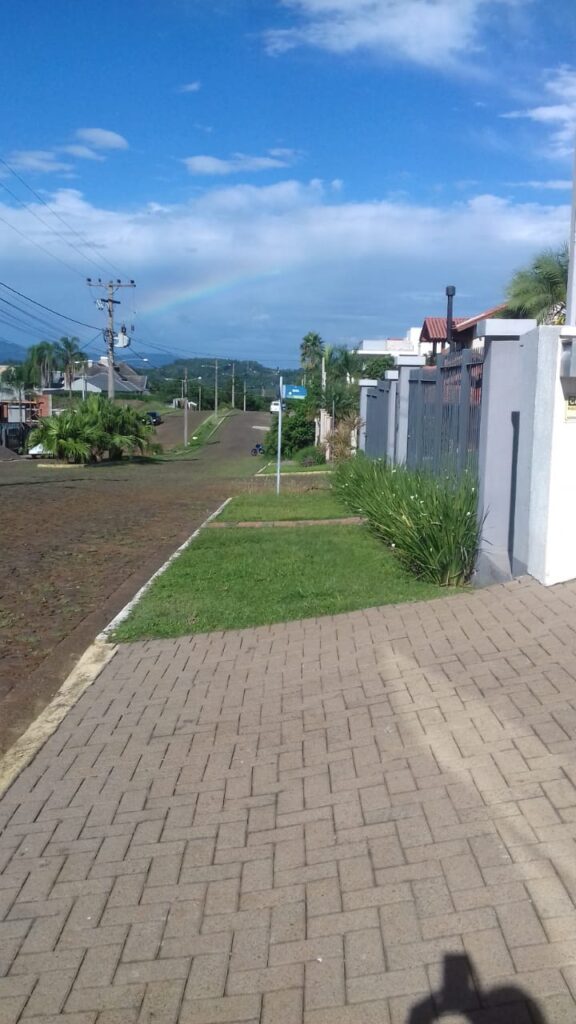
My main motivation is to be involved with people from all over the world and exchange ideas on how can we help cities to become better places to live.
-ANDREA LOPES PANDOLFO
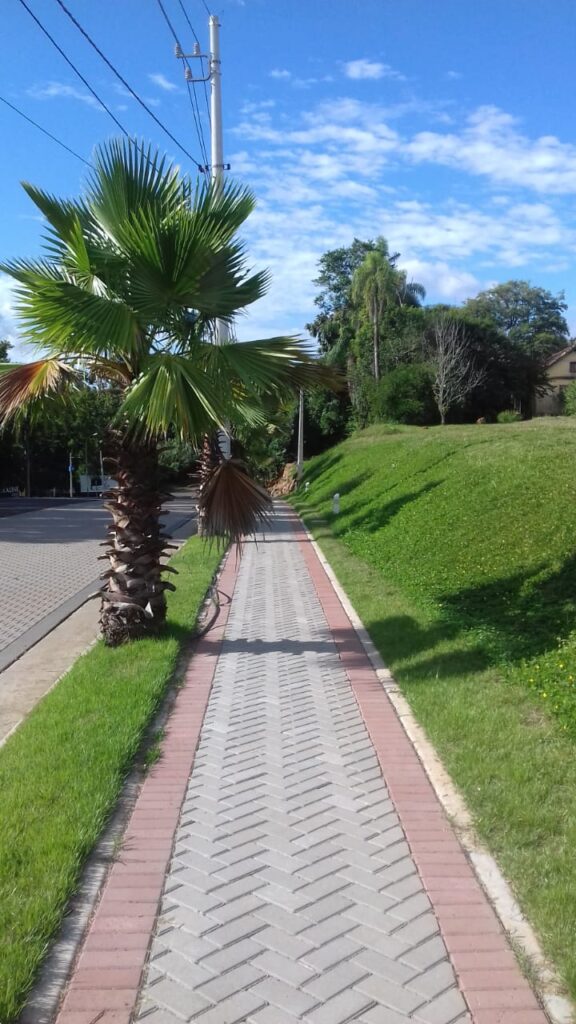
WHO
I am a very communicative person and love to exchange ideas! I firmly believe that cooperation is the key to a better world. As an architect and urban planner, I had the chance to work both with the private and the public sectors, which has given me great field experience in solving city conflicts.
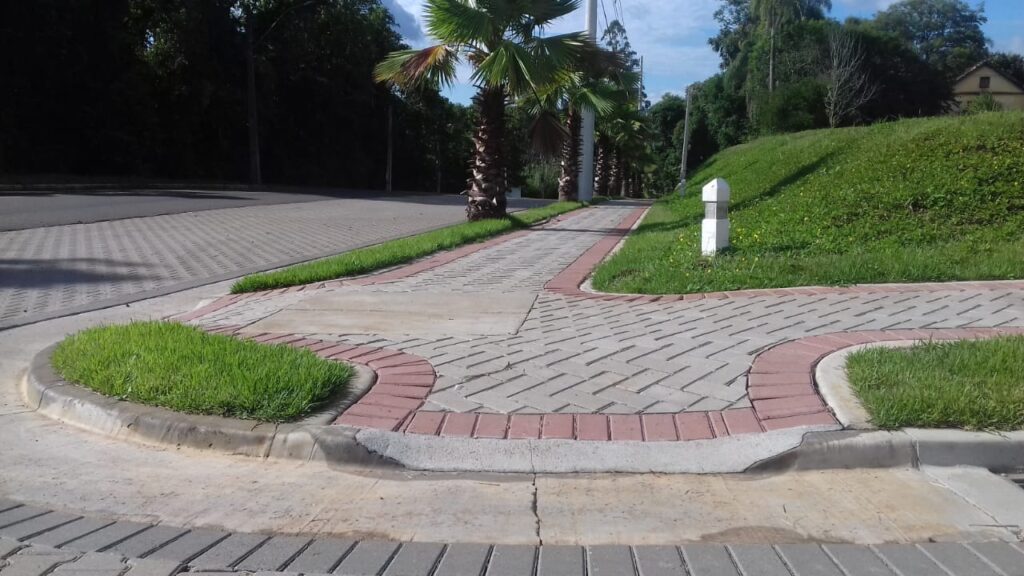
Currently, I’m the president of an association of architects and engineers in Ivoti, and we try to help the municipality with a more technical view of the city issues.
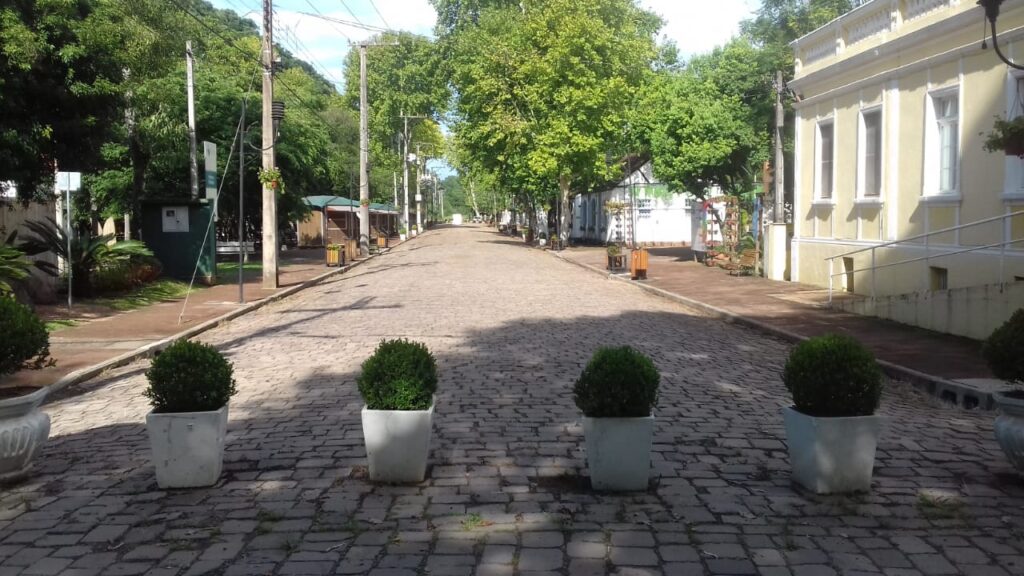
The “battle” for sustainability happens in cities, and that’s why we must find ways to develop them in a sustainable way.
-Andrea Lopes Pandolfo
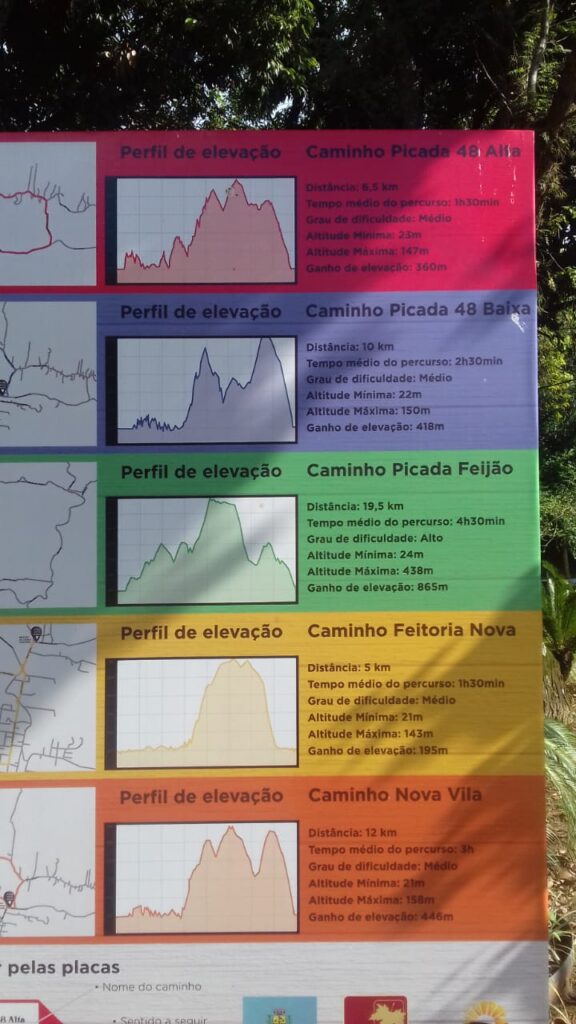
WHERE
I will be representing Ivoti, a city of around 25.000 habitants located in southern Brazil. Ivoti is a small city colonized by Germans. The characteristics of the territory are very unique. It’s a hilly city, and in its urban area, there are many springs and a native forest.
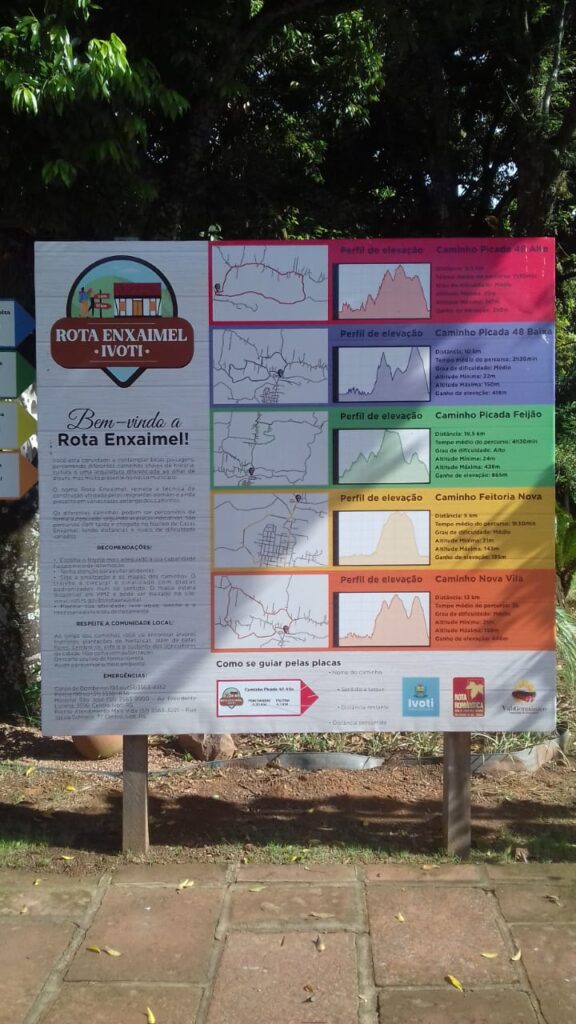
I’m particularly interested in sustainable cities and, as we know, mobility is an important part of that.
-ANDREA LOPES PANDOLFO
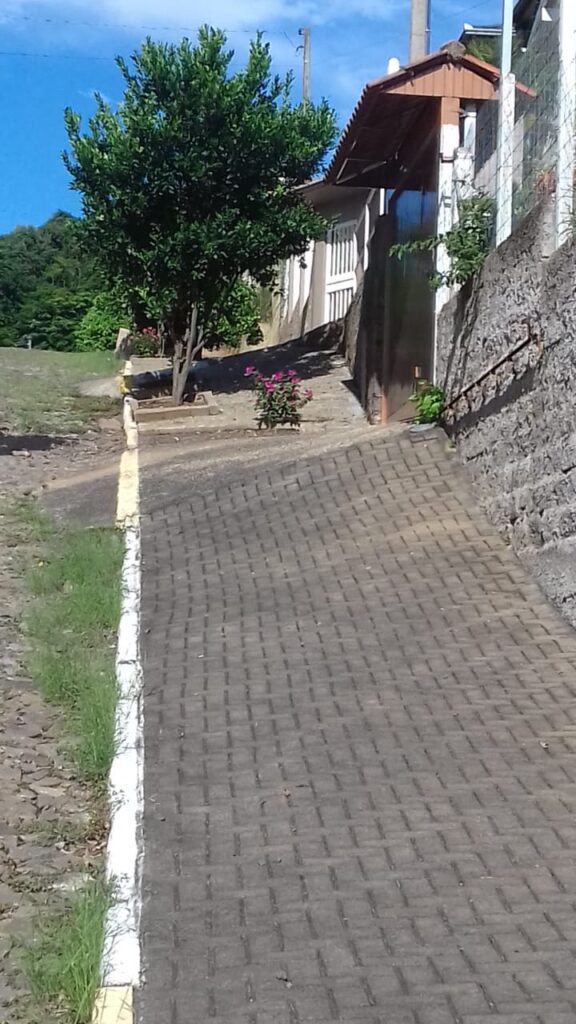
The issues here are the issues familiar to those of many Brazilian cities. With regards to mobility, we can see problems with the public transportation system (buses are the only alternative, but they don’t work properly), no investment in alternative modes of public transport, and intense car dependency.
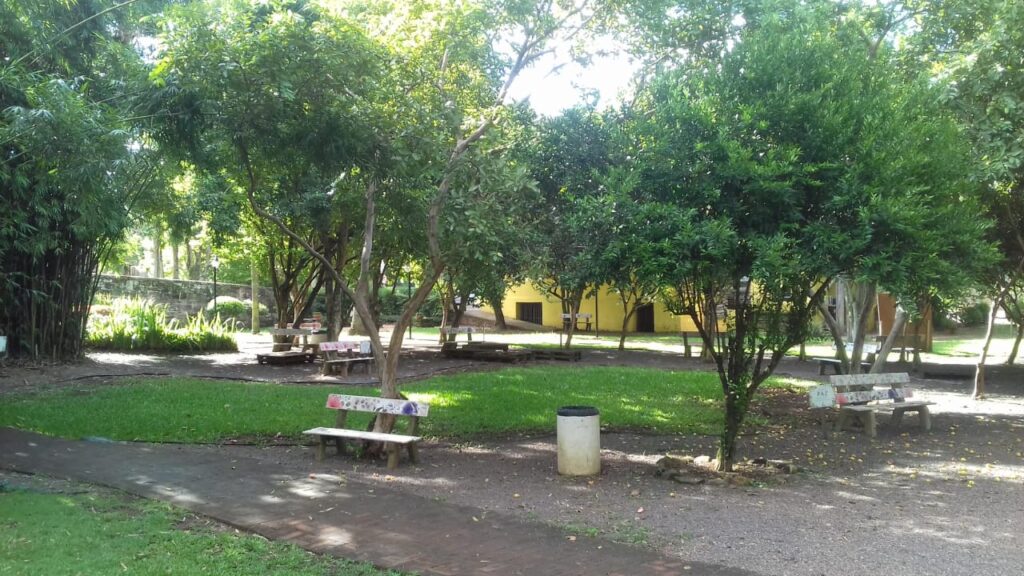
In terms of walkability, we have problematic sidewalks. Usually, they have no continuity and are not adapted for people with disabilities. There is no supervision regarding the ways that they are built and hardly any fine for when they are built wrong.
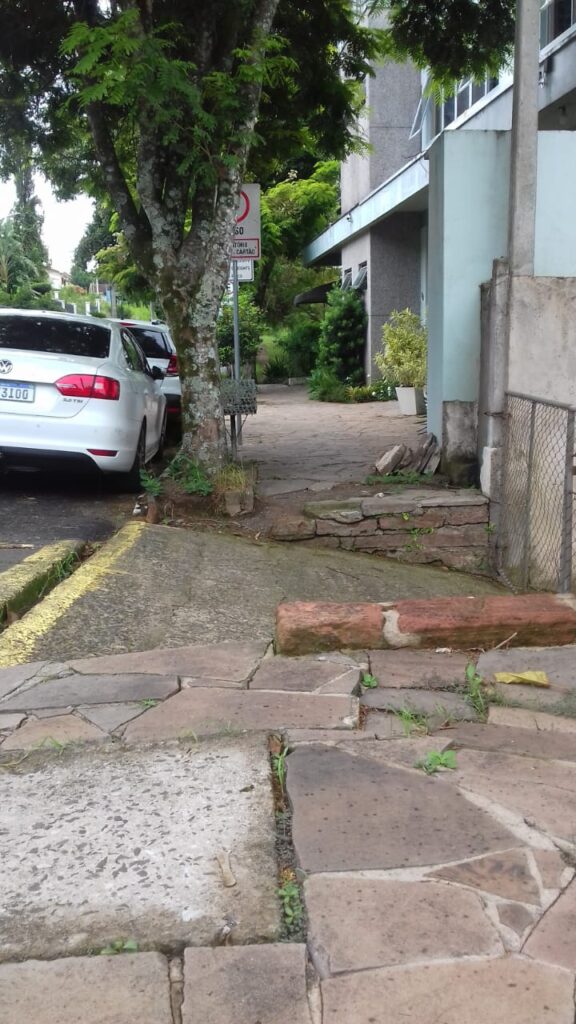
WHY WALKABILITY
I’m particularly interested in sustainable cities and, as we know, mobility is an important part of that. The “battle” for sustainability happens in cities, and that´s why we must find ways to develop them in a sustainable way.
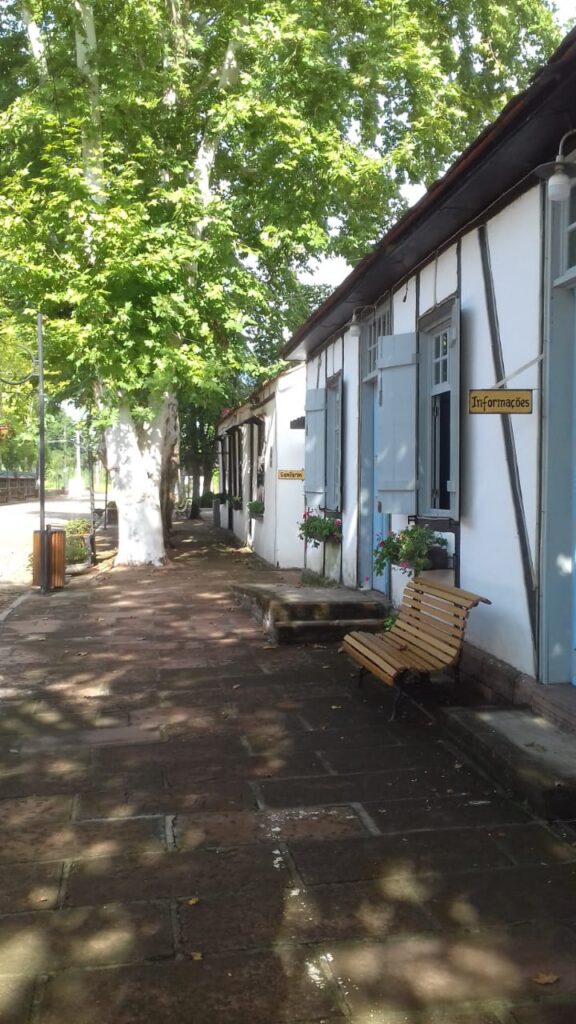
My main motivation is to be involved with people from all over the world and exchange ideas on how can we help cities to become better places to live. We can, in our professional lives, or even in our private lives, think about small (or big) actions that could make a difference in our cities!
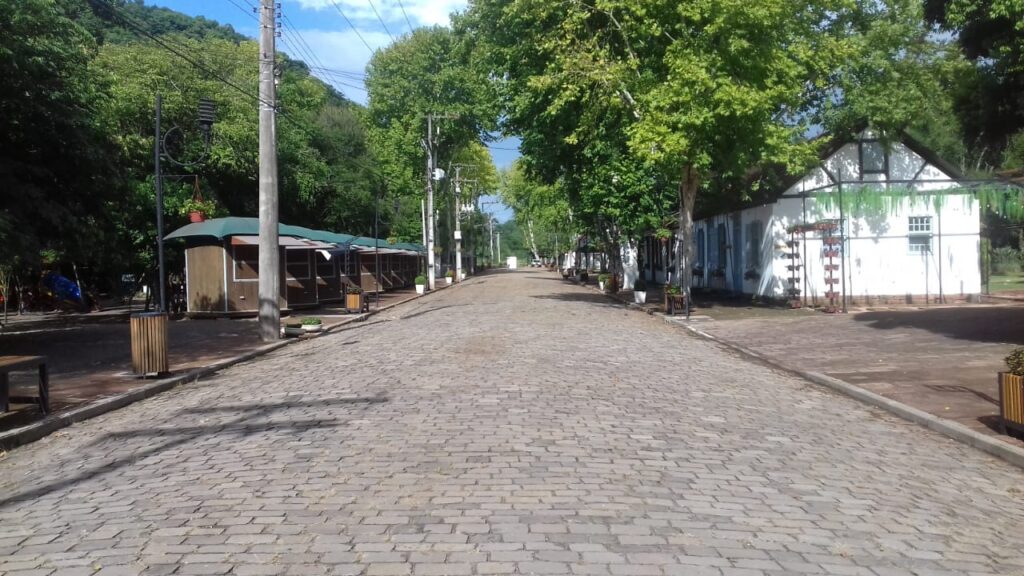

Andrea is an Architect and Urban Planner, currently doing her Master’s in Environment and Sustainability, and focusing her studies on sustainable cities. She is an enthusiast of collaborative thinking and believes that many urban problems, including mobility issues, could be avoided if public agencies paid attention to the urban design of small cities. “Cities aren’t born big“, she once heard…and never forgot!
Read Ivoti, Brazil Correspondent Andrea’s content here
Learn more about the Global Walkability Correspondents Network here
